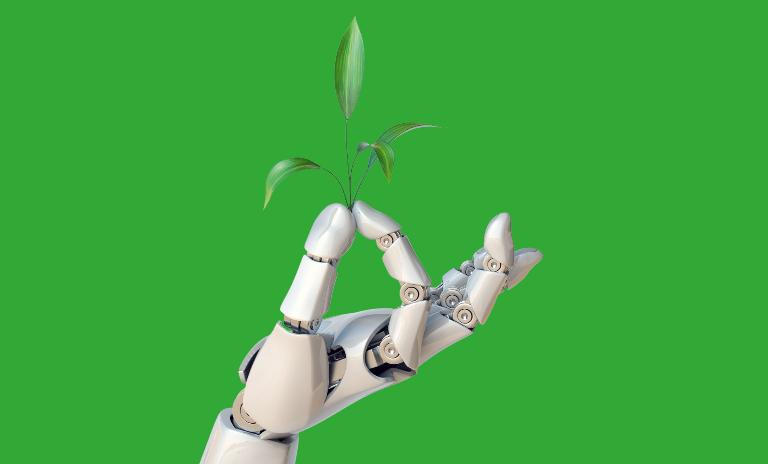From sustainability to digitalization, businesses in consumer goods, retail, and agriculture face a variety of challenges. Discover how Roland Berger can help.
Agriculture 4.0 - Digitalization as an opportunity
![{[downloads[language].preview]}](https://www.rolandberger.com/publications/publication_image/Roland_Berger_PrecisionFarming_Cover_ENG_download_preview.png)
Precision farming improves farmer livelihoods and ensures sustainable food production. This involves the interaction of different segments.







